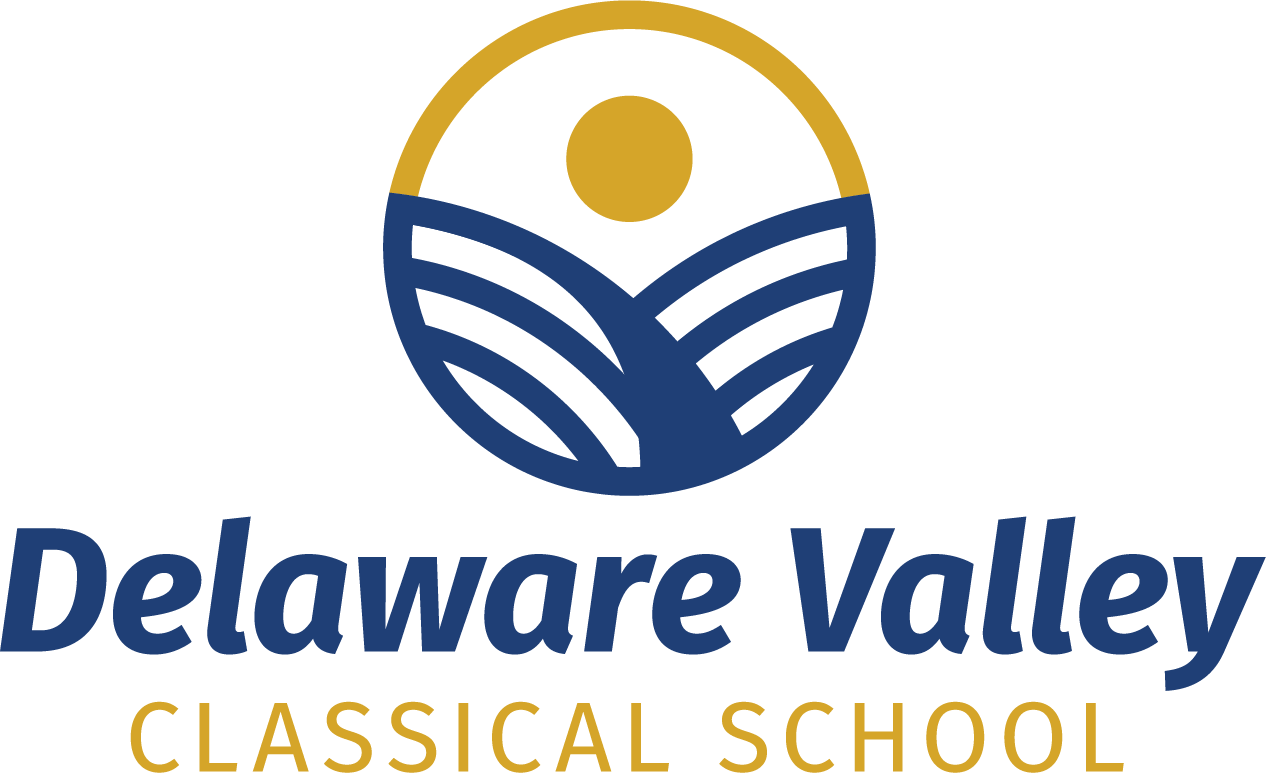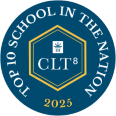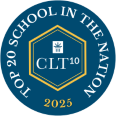By Mrs. Christina Schneider
At Delaware Valley Classical School, 8th graders take Logic, and it’s one of my favorite classes to teach. Our students are blessed to have the course; it is rare for modern students to take a Logic class outside of college-level computer programming or philosophy departments.
What is Logic?
Logic is the science and art of reasoning well. It is a science, as we study argument and the rules of reasoning; it is an art due to the sophistication and/or simplicity involved in the application of these rules. To begin the course, we focus on clearly defining terms, relating terms to one another, examining different types of statements, and determining the relationships between those statements.
We then move to Categorical Logic, where we use the syllogism (a short argument with two premises and a conclusion) to learn how to determine the validity of an argument, meaning that the structure implies the conclusion necessarily follows the premises (if the premises are true, the conclusion MUST be true). This helps us understand what it means for an argument to be sound: the structure must be valid and the premises must be true in order for an argument to be sound.
We then progress to Propositional Logic, where the basic unit of thought expands from simple terms to complete propositions (statements that are either true or false). We learn ways to determine the validity of longer arguments and even demonstrate (prove) that valid arguments are indeed valid. However, the students’ favorite unit we study is the one on Informal Fallacies. Informal Fallacies are popular but invalid or unhelpful argument forms. They serve to distract from the real issue at hand by focusing on unrelated issues or the person making the argument instead of the content of what they are arguing.
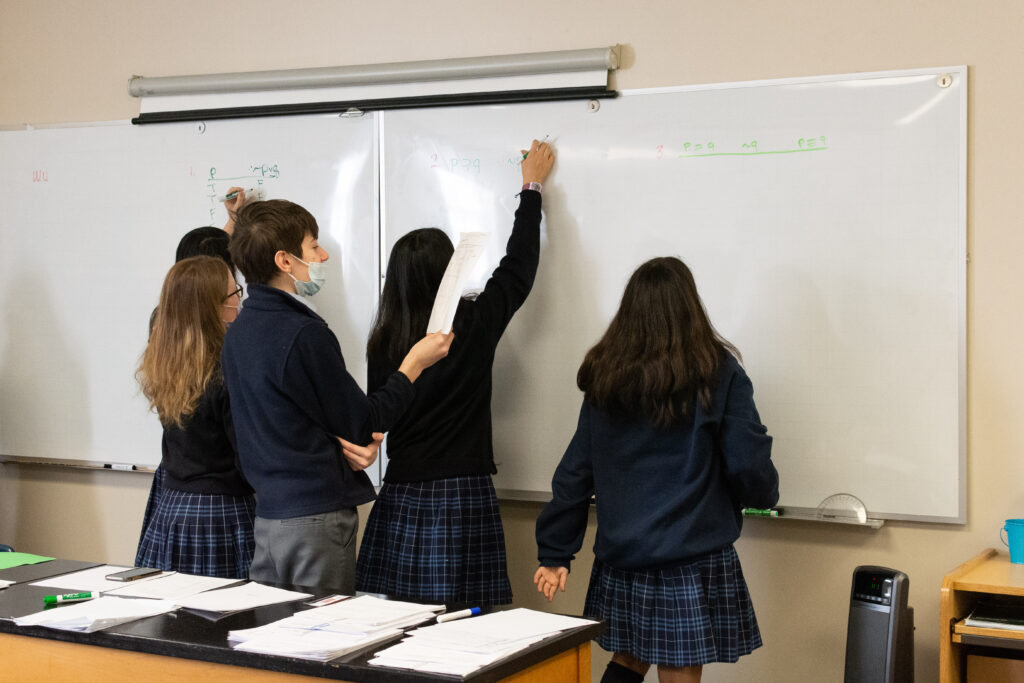
8th grade students work on a truth table exercise at the beginning of a Logic class.
Logic Class: 8th Grade Impressions
Though the entire course serves to help students discern between good and poor reasoning, the Informal Fallacies really stand out, particularly to the 8th graders. When we study this unit, they suddenly can’t help but see the myriad of fallacious arguments presented daily in our secular culture. Whether in news reports, opinion pieces, or advertisements, students delight in calling out the ad hominem, ad populum, ipse dixit, chronological snobbery, and circular reasoning fallacies (to name a few!) they see. These 8th graders can already appreciate that Logic has taught them how to recognize poor reasoning in others, but they also realize that Logic helps them make better arguments for themselves. They know that what passes for reasoning in today’s culture is frequently flawed, and they are more cognizant of how they structure their own arguments to be grounded in truth and validity. 8th graders can already see how Logic will serve them as they continue their education, not just in structuring various types of argumentation, but ultimately also helping them to better defend their faith.
High School and Beyond
The seniors confirm this assessment. As they look back on their experience, they find that Logic was the foundation for their high school classes. They see Logic class as instrumental in helping them structure the core of their arguments in the papers they write. The Informal Fallacies help poke holes in weak arguments in debates. Syllogisms set a basic structure for defining terms and then crafting their thesis statement, which must necessarily follow their premises. Logic proofs provide insight for proofs in Geometry. Again, they appreciate both sides of the benefit of learning Logic, not just seeing weak reasoning in others’ arguments, but in confidently using solid reasoning themselves.
In a time where the world emphasizes emotion, not just over reason but in lieu of it, it is my hope and prayer that our students will compassionately bring the focus back to well-grounded arguments that rely on solid reasoning and truth.
Learn more about Delaware Valley Classical School here.
